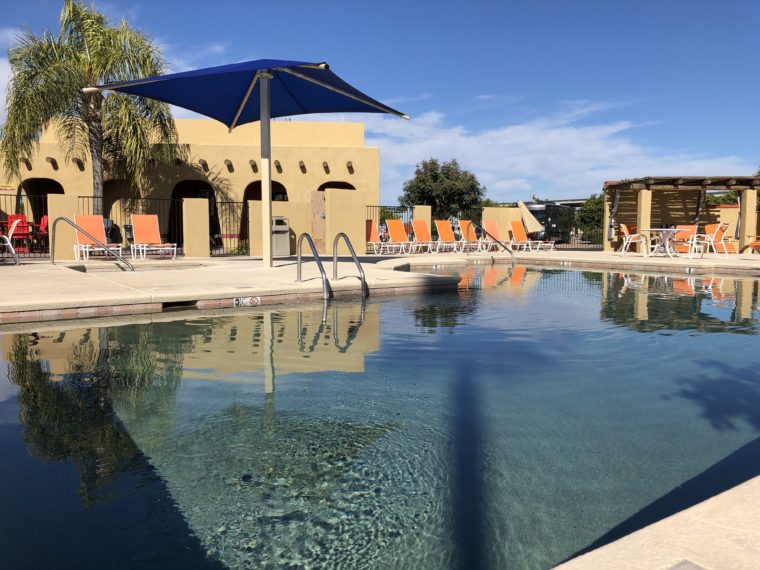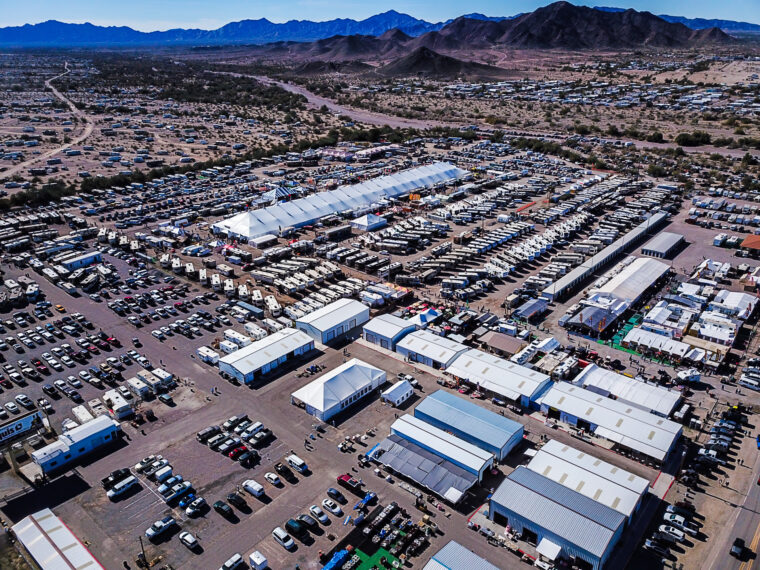When you think of outdoor enthusiasts, vanlifers, or campers in the U.S., you’re likely picturing white people. For far too long, lack of representation has led to this being the dominant narrative.
Diversify Vanlife is actively working to show that this is not, and has never been, the true reality. The outdoors have always been for all. Particularly in light of Indigenous Heritage Month, the organization wants to call your attention (and actions) to the fact that the original inhabitants and stewards of the lands we now visit and call home—all Indigenous tribes and peoples—deserve to be front and center in these spaces.
Diversify Vanlife is excited to share the words and perspective from one of their Native community members with you. She elaborates on how Indigenous cultures and history have (and have not) been represented, respected, and taught through the present day.
It’s imperative for us, as travelers, to not only acknowledge the true history of the lands we’re visiting and living on, but also to learn more about local Indigenous histories and cultures, as well as step up to support Indigenous voices and issues—not just this month, but all year long.
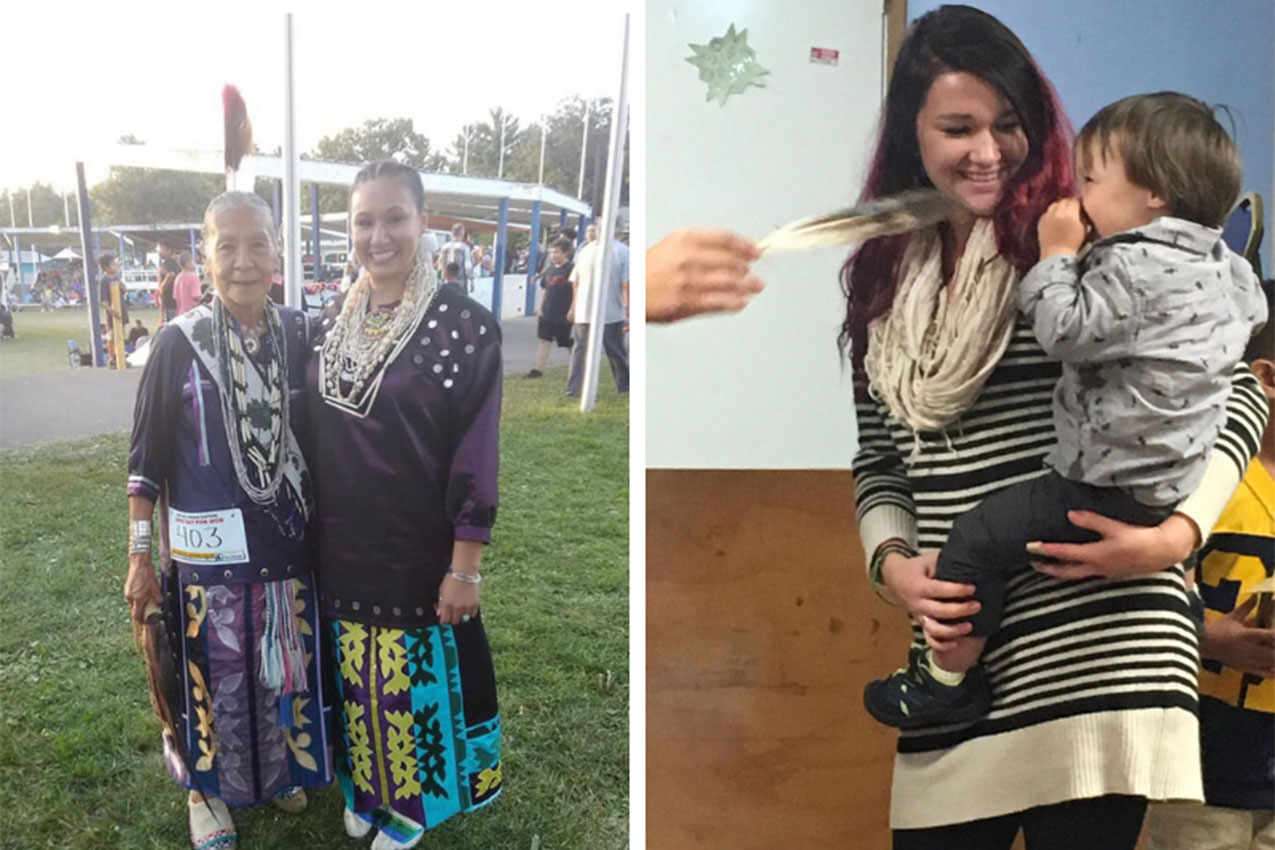
Left photo: “My dad always wanted me to dance. I made my first appearance in traditional dress, Hoocak (Ho-Chunk) appliqué, on Labor Day weekend 2019.” Right photo: “My grandson was named on the same day as me in 2016. His name is Nii Wakon Cak (Sacred Water).” Photos courtesy of Kimberly Whitewater (@awomanadog_andavan).
Wakjexiwiga’s Story
I am Wakjexiwiga, Water Spirit Woman of the Water Spirit Clan of the Ho-Chunk Nation. My English name is Kimberly Whitewater.
We are not seen. Our people have been pushed onto reservations and forgotten. The true history of this country is not taught. Some may say they were taught our history, but they only received a whitewashed version of our history, which does a disservice to all people. If we were taught the actual history of the founding of this country, maybe there would be more empathy and less hate.
We are not trying to make anyone responsible for what has already been done, but we expect people to see and stand up to the things that continue. People do not seem to understand how things like sports mascots hurt us. Ultimately, it’s because we are still not seen. We still exist, but no longer walk around in buckskin with feathers in our hair. We don’t like being represented as a thing of the past, and we certainly don’t like people taking what was and is sacred to us and making a mockery of it. We’ve been forced off our lands, had our children removed to begin the “assimilation” process, and our treaties, the ultimate law of the land, are still not honored. Can we just be heard for the little we ask?
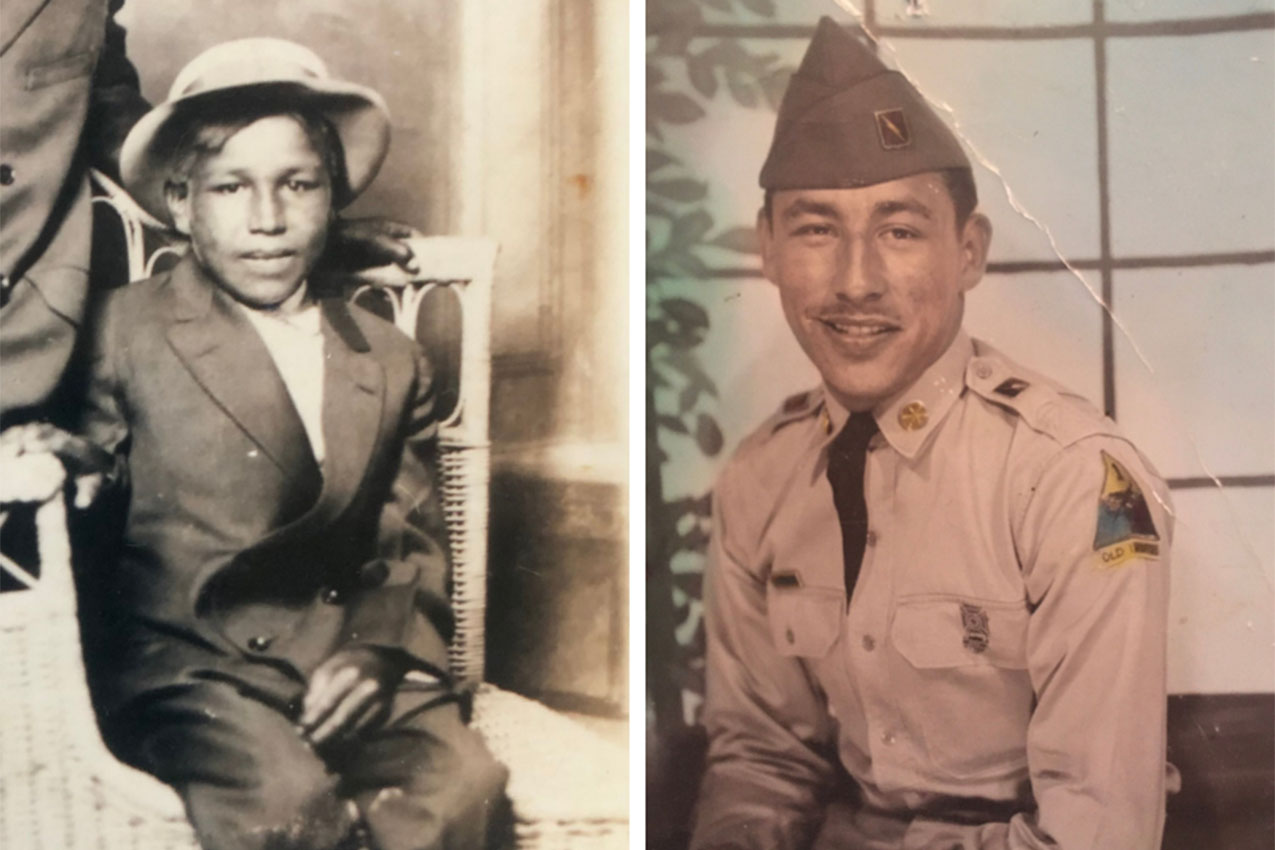
Left photo: “The first picture is my cooka, grandfather. I think it was taken on a home visit from school. I never met him. He died a tragic death before I was born.” Right photo: “My jaaji, father, in his 20s, serving in the U.S. Army.” Photos courtesy of Kimberly Whitewater (@awomanadog_andavan).
My grandfather was raised in a boarding school and therefore never taught his own children their culture. The motto was “kill the Indian, save the man”—and that’s exactly what they tried to do, and ultimately did in many cases. It’s 2021 and some tribes are just now getting their relatives’ bodies returned for a proper burial from these schools. Buried in unmarked graves to be forgotten, as they hoped we would be. So, when people say, “Get over it, that was hundreds of years ago,” they are speaking with ignorant, uneducated mouths.
My grandfather—not great great grandfather, but my father’s father—was made to feel ashamed of who he was. There are tribal members alive today that were raised in these boarding schools with the goal to assimilate them to what they believed were civilized ways. How civilized is it to beat the culture out of young children?
My brother and I were not raised in a Native way. We knew very little of our tribe and what that meant; since my father wasn’t raised Ho-Chunk, neither were we. This is a part of historical and intergenerational trauma and how those traumas still affect us today. My father died without a Ho-Chunk name for the Creator to call him home.
I began working for my tribe one year before my father passed. My main reason for this was to learn about my culture and find my identity. I needed to find the parts of myself that were missing and had me living a conflicted life. I have since truly found myself and was given my beautiful Ho-Chunk name at a ceremony in 2016.
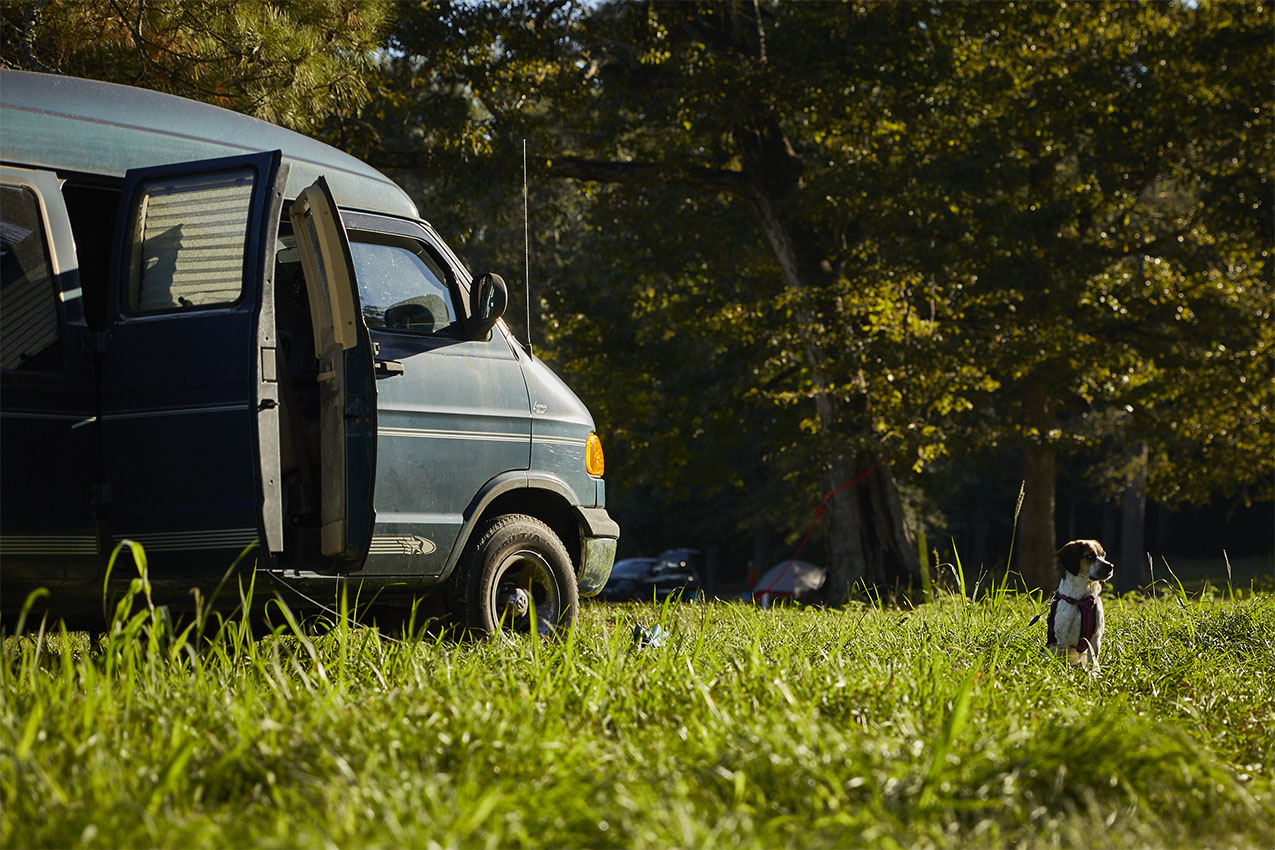
Photo courtesy of Diversity Vanlife
How to Be a More Responsible Visitor
Think about the original people of the lands as you travel. Learn about the Indigenous people that are or were there. Think about the landmarks and places you visit—for example, Mount Rushmore. Think about how sacred the Black Hills were and still are to the Lakota people and other tribes, and the sadness they experienced in watching the six grandfathers become the faces that began the end of their true existence. Learn the history of these places and teach them to anyone who’s willing to listen. In doing so, maybe we can truly be seen and heard again.
Please stop buying from anyone looking to profit off of Indigenous culture. There are many places where you can find and purchase true Indigenous-made items from the tribal people within the areas you travel. You can find and follow many on Instagram and other social media platforms. Some can connect you to those in other areas you plan to travel to, as well.
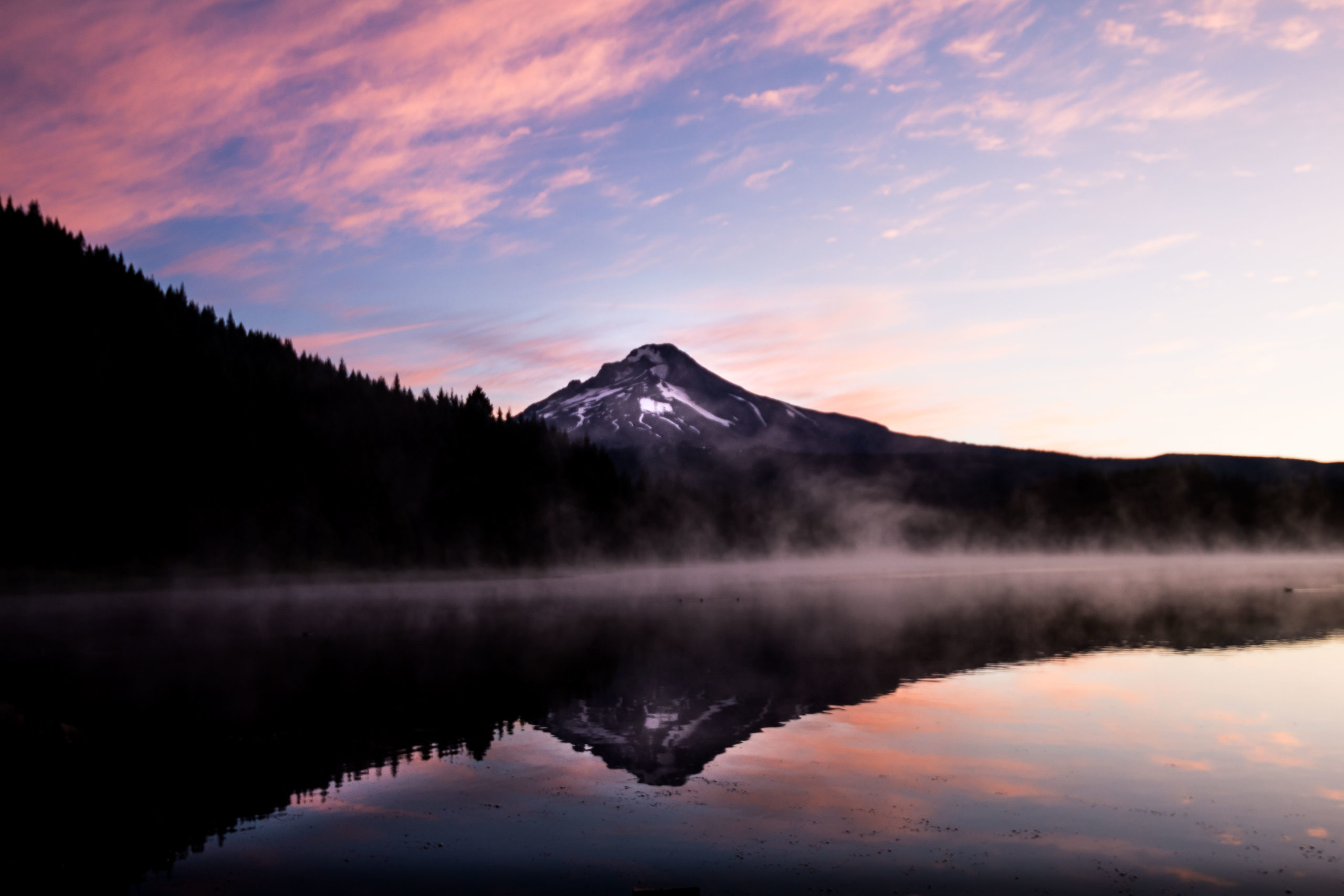
Photo courtesy of Diversity Vanlife
The reason it’s so important to get this information out to those living and loving the outdoors is because you can take what you learn on the road and share it with others. It helps to teach the history, support Indigenous people within the communities you visit, and remind yourself and others of those who once lived on the lands where you travel.
We are still here. Our ancestors’ resilience cannot be denied and should be acknowledged and admired. After everything we’ve gone through as different tribal nations of this country, we are still here, practicing our culture and speaking our languages, and it’s beautiful.

